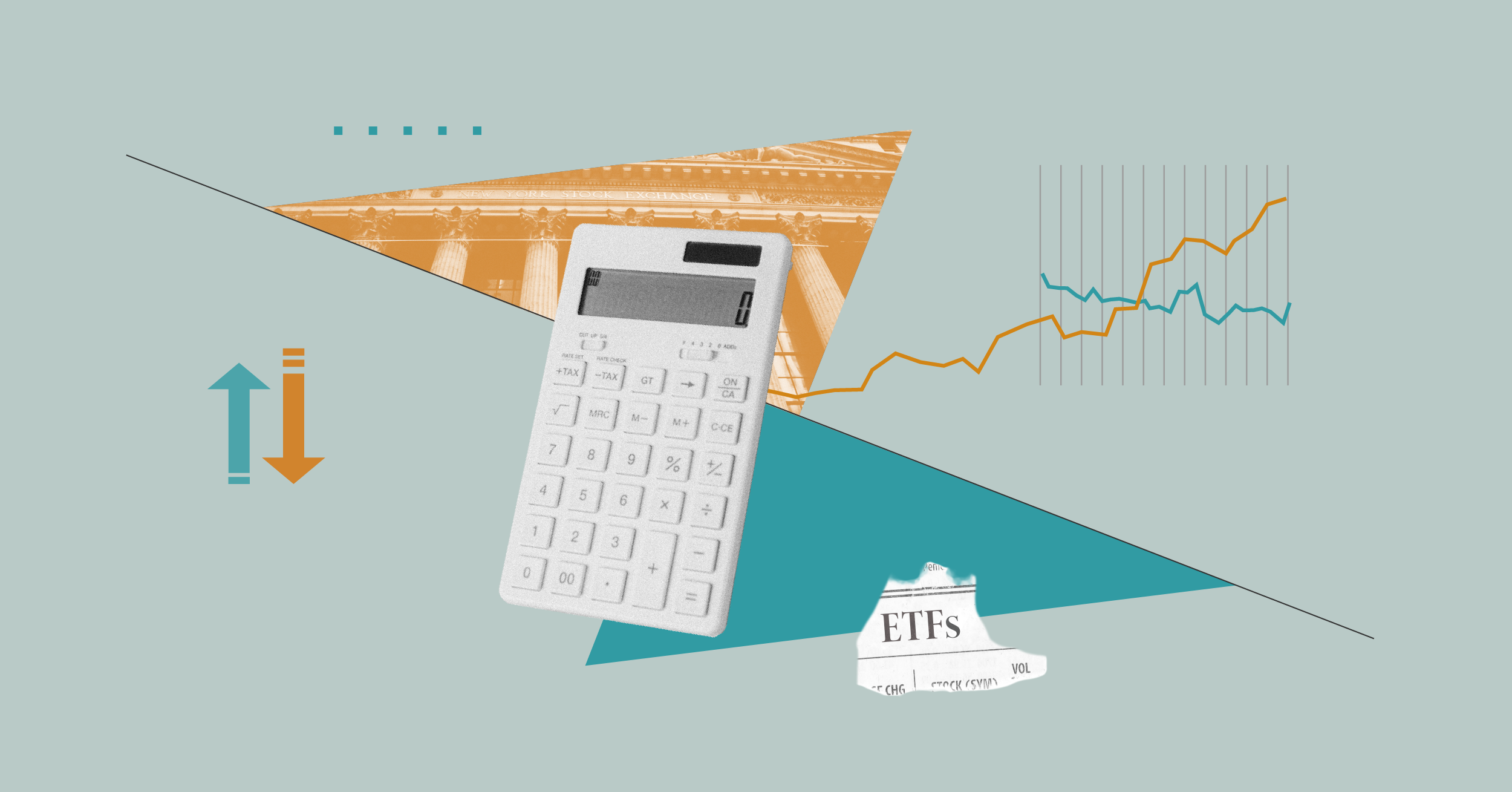Ashley Redmond: Morningstar's stewardship grades are the assessment of a fund company as a whole, not the individual holdings, and we really look at the overall investor experience. Here to talk about stewardship grades and the best way to utilize them is Christopher Davis, Director of Fund Analysis in Canada.
Christopher, thanks so much for joining me.
Christopher Davis: Thanks for having me, Ashley.
Redmond: So, let's start with [the question] what are stewardship grades?
Davis: Well, when you marry somebody, there is that saying, you are not just marrying one person you are marrying the whole family. Well, it's very similar, when you invest in a mutual fund. You are not just investing with the fund manager, the fund manager is backed by a whole army of resources, his organization, and so what the stewardship grade is, is an assessment of the organization behind the funds.
So, as you mentioned, we're looking at the big picture and considering whether a fund shop actually acts in shareholders' best interests, and so we grade them on a scale of A to F and obviously firms rated A, we believe represent unitholder's best interests.
Redmond: So the letter grades are the first thing that investors really notice. It's A, B, C, D, so how do you arrive at those letter grades? What are the factors that you guys look at?
Davis: Well, we look at four different factors. The most important [factor] that accounts for about 50% of the grade is the firm's investment culture, and the main question we ask, is this firm about selling funds or is it about actually managing them? And so we really think very hard about that and we think about, is this shop really built for investment excellence? Do they do a good job attracting and retaining talented personnel and managers and analysts? How do the analysts behave? What are they incentivized by? All sorts of factors like that.
We think about does the fund shop launch gimmicky funds? Or do they launch sensible options for unitholders? Its things like that. And we try to get a cohesive picture of corporate culture and whose side they're really on.
Redmond: For the final decision for the letter grade, is it a team-based approach or does the individual analyst chose the grade?
Davis: Well the individual analyst does all of the research. They look at other factors too. They look at the overall expenses at the fund shop, judging them on whether they offer unitholders a good deal or not. They also look at whether managers are eating their own cooking. By that we mean are they investing in the funds that they oversee? And are they investing in their firm's funds? So, we wrap that up in a whole package.
Individual analysts do all the individual research. They come up with a grade, but they have to pitch that to their fellow analysts. We meet as a committee of six and vet out every single pillar of the stewardship grade, and we think about whether it's sensible and we also compare it to other firms to make sure that we're making an appropriate comparison.
Redmond: Okay. So, you guys have done the due diligence on your end and now I'm the investor and I'm looking at stewardship grades, it's A, B, C, how do I appropriately apply the stewardship grades to my own research when I’m looking for funds?
Davis: Well, you know it's just one piece of the picture. There is no one data point that tells you whether you should buy something or not. I would use it in conjunction with other data points and so think about what our analyst rating is, because that is the rating of the individual fund.
So, as an investor, there is no sure thing, but you want to always stack the odds in your favour. So if you see a positive analyst rating, a positive stewardship grade, the fund invests in a way that you're comfortable with. I think that is more likely to lead to a good investor experience.
Redmond: We had this question a lot when we first rolled out the stewardship grades in Canada, what happens if the fund company that you like gets a D?
Davis: Well, to go back to the marriage analogy, sometimes you might meet a really good person from a lousy family and so that happens in the fund world too, where you'll have a really good fund and a bad family. I think as an investor you have to realize, the odds maybe stacked against that fund in one way. If you have a star manager, but bad resources backing him or her up, it might make for a less than spectacular experience.
So, I think in a case like that, you may want to hang on to the fund, but if that manager leaves, I probably would leave to, because you just own that fund, because you have a good manager at the helm.
Redmond: Thanks, Christopher.
Davis: Thanks for having me.




















